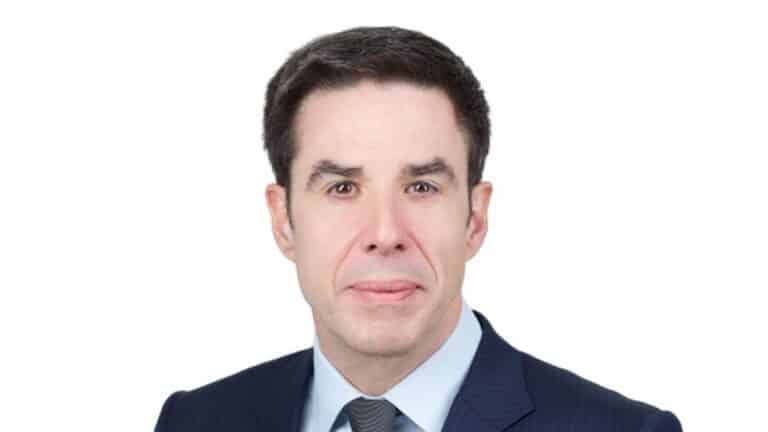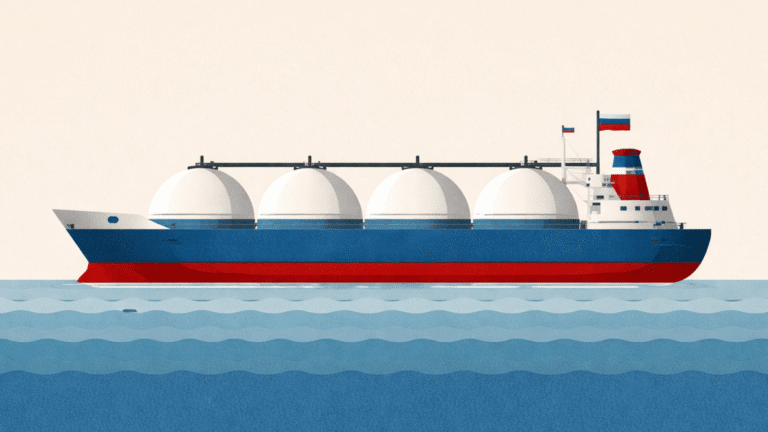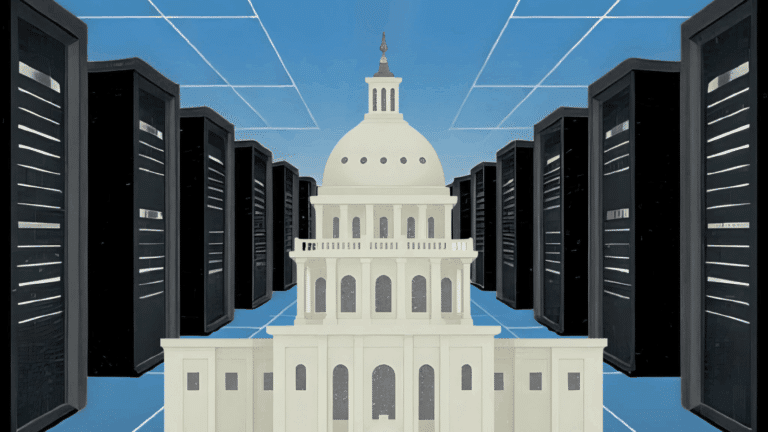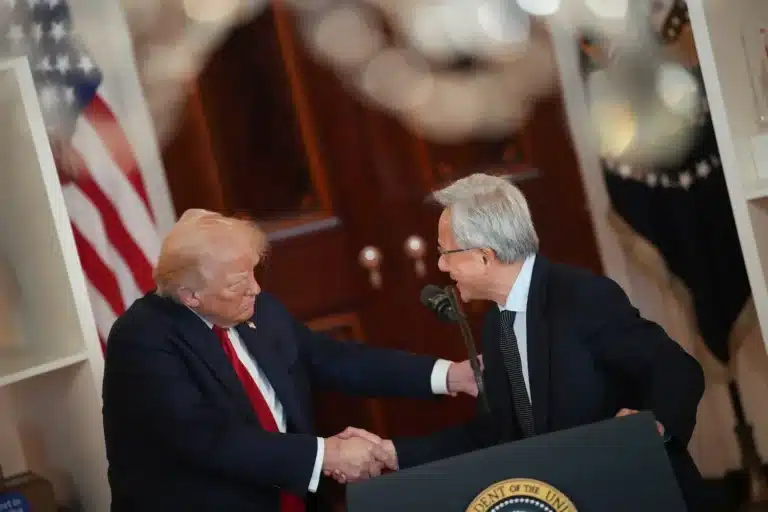Could a strategic lithium reserve kickstart US supply chain development?
NEW YORK -- A strategic lithium reserve is being mooted as a solution to stabilize volatile prices that have hindered American mining projects, allowi
Current Access Level “I” – ID Only: CUID holders, alumni, and approved guests only
Long a leader in progressive climate change legislation, the European Union doubled down on those ambitions this week as it pushed forward a groundbreaking green stimulus package to revive its pandemic-ravaged economies. On July 21, 2020, EU leaders reached agreement, subject to ratification by the European Parliament and national legislatures, on their new green stimulus, a package entitled Next Generation EU. This package will make fighting climate change central to Europe’s recovery, with large sums earmarked for green investments and carbon reduction goals. There remains disagreement about the package and criticism from some member states that are heavily dependent on hydrocarbons, as well as from some environmentalists who say it doesn’t go far enough. At the end of last week, the EU parliament approved a non-binding resolution criticizing the deal.
On this episode of the Columbia Energy Exchange, host Jason Bordoff is joined by someone who has been at the forefront of the EU’s response, Executive Vice President of the European Commission in Charge of the European Green Deal, Frans Timmermans. Frans Timmermans is a Dutch politician and diplomat who has served as First Vice President of the European Commission since 2014. Since December 2019, he has served as the Executive Vice President of the European Commission for the European Green Deal and simultaneously as the European Commissioner for Climate Action. He was previously Minister of Foreign Affairs and State Secretary for Foreign Affairs for the Netherlands. Earlier in his career, he was a member of the Dutch House of Representatives for the Labour Party and a civil servant in the diplomatic service of the Netherlands before becoming active in politics.
What policies help stimulate economic activity, can be done in a reasonably quick timeframe, and also help address climate change? They discuss what’s included in the Next Generation EU package and what the deal might mean for carbon reduction, climate change and economic recovery from the COVID-19 pandemic, both in the EU and around the world.
If it seems like you're hearing a lot more about geothermal energy lately, that's because this clean, firm energy source is at a technological turning point. With roots...

Investment in clean energy technologies is on course to hit a record $2.2 trillion this year, according to the International Energy Agency. That’s more than twice the amount...

The national conversation around climate change is shifting. There’s more focus on energy affordability and demand, as well as on the dual role artificial intelligence plays as both...

The Federal Energy Regulatory Commission (FERC) regulates the United States’ energy transmission, pipeline networks, and wholesale rates for electricity. For much of its history, FERC was a little-known...

Geopolitical uncertainty associated with Russian gas exports could swing the range of those exports by an estimated 150 bcm per year.

From the east to west and north to south, in red states and blue states, attention to data centers is skyrocketing in state capitals across the United States.

Trump’s latest proposal would cede the United States’ AI advantage.

Two trade agreements recently negotiated by the Trump administration contain novel and coercive provisions with little precedent in US trade policy or the global trade system.
